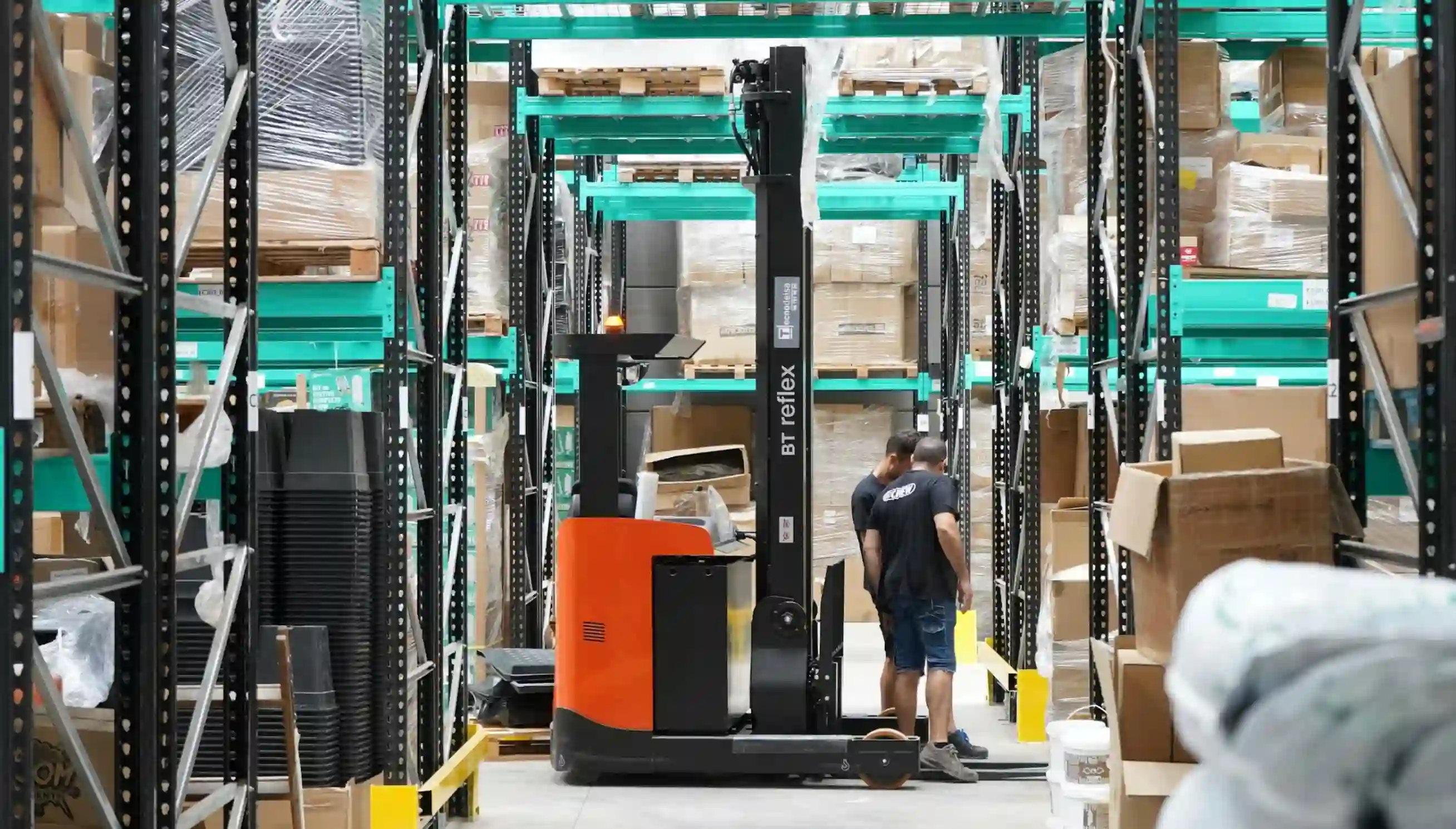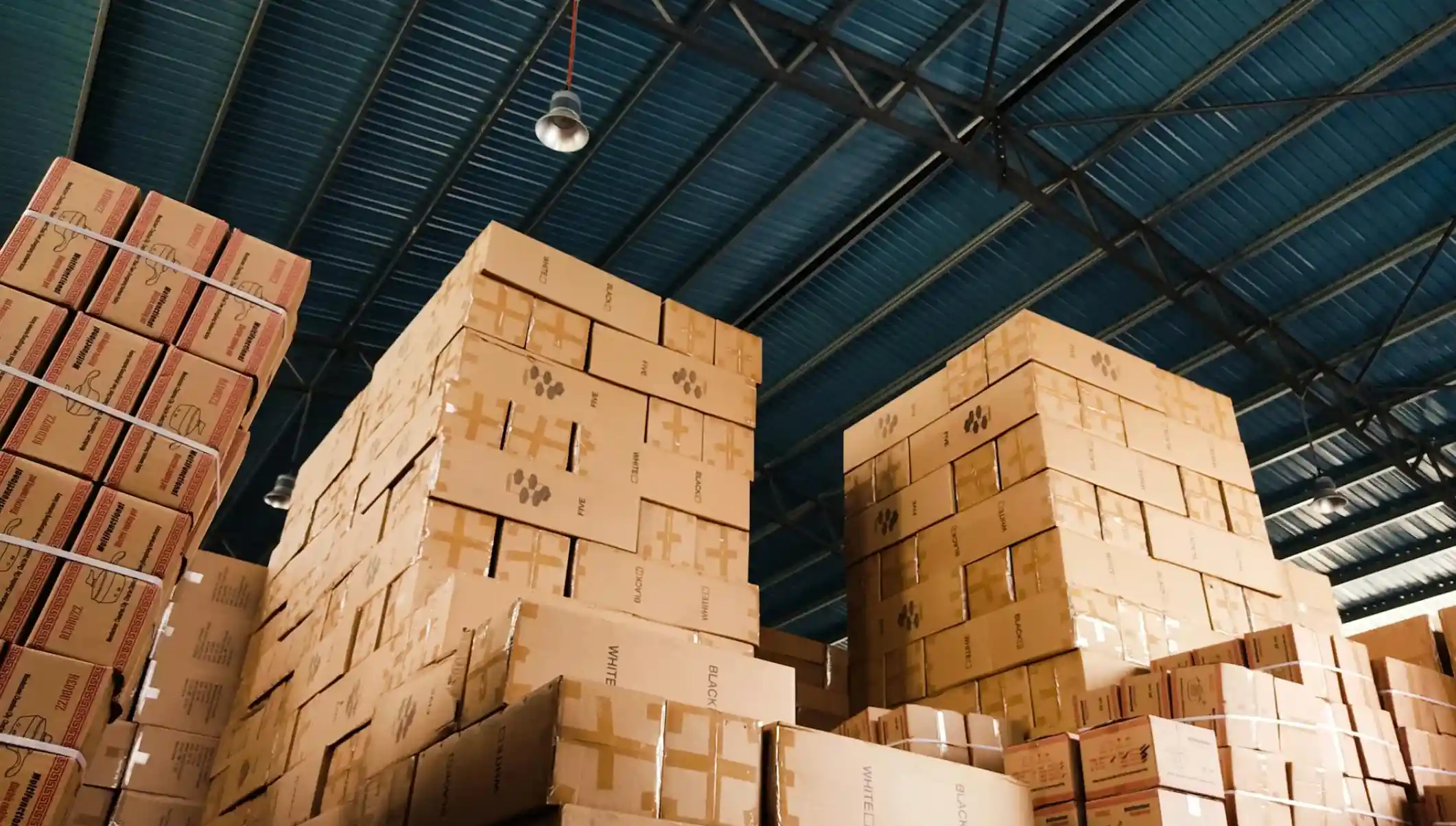What Is E-waste?
E-waste is a pressing concern in Canada. Due to the increasing use of digital appliances and technology, most Canadians find themselves amassing a wide variety (and quantity) of electronics.
E-waste is a pressing concern in Canada. Due to the increasing use of digital appliances and technology, most Canadians find themselves amassing a wide variety (and quantity) of electronics. But what happens to electronics when we don’t want them anymore? And where do they go? Strict laws govern IT equipment - and if you find yourself in the position of business liquidation, you will likely need to understand the concept of E-waste disposal for proper dismantling and handling. In this article, we walk you through everything you need to know about e-waste.
What exactly is e-waste?
E-waste is also known as ‘digital rubbish.’ The term describes electronic and technological products that are either no longer needed or working at the end of their lifecycle. It refers to computers, keyboards, laptops, mobile phones, VCRs, televisions, copiers, fax machines and more. The items can be broken, old or defective - or they could be brand new. The critical thing to understand is that e-waste can be in any condition - as long as it has been discarded and is unneeded - it’s considered e-waste. So, e-waste is generated from home entertainment devices and home appliances, as well as from office and medical equipment.
Why is e-waste important?
E-waste is a common phenomenon in households, offices and during business liquidation processes. However, the topic is particularly relevant as electronic devices contain toxic chemicals that can leach into the ground or other environments when not disposed of properly. And since technological advancement is more rapid than ever before, considering what happens to e-products after using them is hugely important. Unwanted e-waste has been filling landfills for years now. Consider all the waste generated - CD players that no one needs, outdated fax machines, old versions of printers that don’t work anymore (to name a few).
Issues Surrounding E-Waste
E-waste is becoming a global problem due to the chemicals it’s made from. Let’s take a look at the main factors to consider when it comes to e-waste.
Toxic Chemicals
Most modern electronic devices and machines utilize materials such as beryllium, cadmium, mercury and lead. Each of these materials is toxic to the human body and, in addition, comes with significant environmental risks. These risks affect elements like the soil, water and even air and wildlife.
Poisonous Chemicals
As e-waste builds up in landfills each year, so does the concentration and amount of toxic and harmful chemicals. This creates a mix of poisonous chemicals that leach into the soil and groundwater. It also significantly affects any wildlife and animal presence nearby. The high concentration of these chemicals in landfills is dangerous to local ecosystems and the animals and people that depend on them.
How can I play my part?
As a business owner, you’re probably wondering how you can dispose of all your unwanted electronics. One way you can help reduce the consequences of e-waste is to follow the three Rs. Reduce the amount of e-waste you produce, reuse any functioning equipment you can, and recycle everything else. However, recycling e-waste can be tricky - it involves breaking down the items into smaller parts which requires specialized skills and knowledge. Your best bet is to hire expert professionals who specialize in e-waste disposal. Hiring the right team will help you get the job done more quickly and more efficiently, essential during a business liquidation. It will also help you mitigate potential legal issues that can come up if you don’t take the proper measures to handle e-waste disposal correctly.
Privacy Concerns
An essential factor to be mindful of is the protection of your privacy. The data stored on technology is a significant point of concern as it can lead to identity theft, data leaks and more. Thus, when getting rid of your unwanted tech, be sure to save any critical or confidential data. However, this process isn’t just as simple as pressing the delete key - you’ll need to wipe all personal data and remove SIM cards and other identifying elements. Hiring professionals is useful here, too, as they will help you save any critical data discreetly and safely.
E-waste can include a wide variety of electronic equipment in different conditions, types and materials. Many of these elements can be recycled, and selling or donating electronic items is another viable option. Ultimately, you need to consider e-waste disposal during business liquidation to ensure you’re getting rid of your items safely and responsibly. At Michaels Global Trading, we have the tools and training required to disassemble and remove equipment and technology. We can help you handle your e-waste efficiently and effectively.




